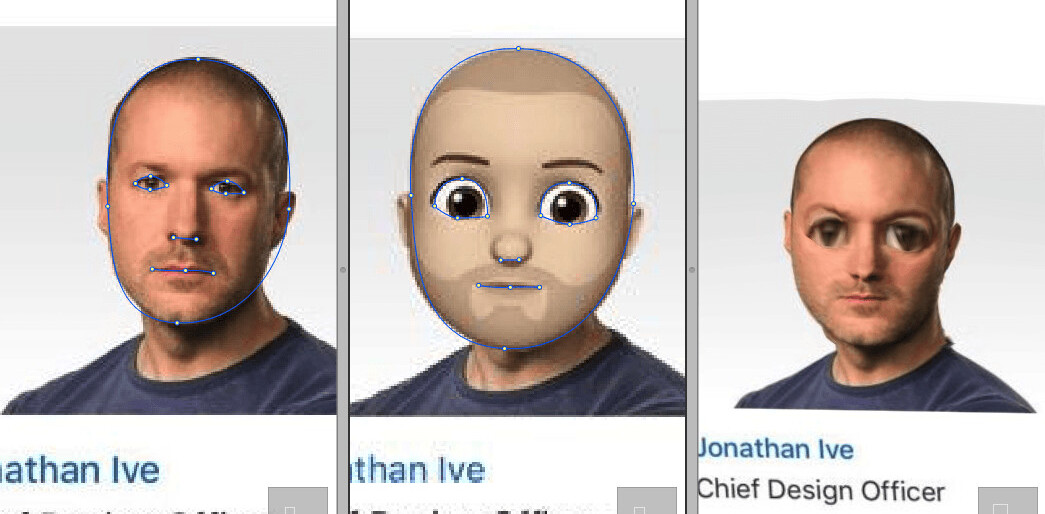
Andrea Ayres-Deets is the Lead Writer at ooomf, an invite-only network connecting short-term software projects with handpicked developers and designers. Andrea writes about psychology, creativity, and business over on the ooomf blog.
Okay, quiet time…
Time for work…
Working shall commence now…
One hour later…
This is what happens at least thirty times a day. I’ll begin to focus on work and then immediately my internal dialogue will get in the way. The more I have to do, the more unhelpful it seems to be.
For many, our inner dialogue goes beyond just being disruptive. It can totally hamper our creativity and destroy productivity. Thankfully the universe has also provided us with a bunch of ways to combat the internal speech holding us back.
What exactly is internal speech?
If you ever made your toys talk as a child or spoke to yourself aloud as you completed a task, that was you developing internal speech. We begin to develop the way we speak to yourselves between the ages of three and five years old. It is only as we grow into adults that we learn to internalize this self talk.
Internal speech gives us psychological autonomy—our ability to self-regulate. Without it we would lack consciousness or self awareness. We would have difficulty tasks that require memorization. Internal dialogue is with us all day every day, so it matters how we utilize it.
The more difficult a task the more we utilize our internal speech to navigate it.
Internal speech is dictated by two areas of the brain. The Broca and Wernicke area, named after the two scientists who discovered them. The Broca’s area is responsible for the production of language whereas the Wernicke area controls our understanding of that language.
What’s behind our lack of productivity?
The problem is not that we have internal speech but rather it’s the kind of internal speech our mind chooses to engage in.
When our inner dialogue turns disruptive and unhelpful, this is called a cognitive distortion. A cognitive distortion is when your brain tries to get you to believe in something that isn’t true about yourself or the world around you.
Below are some common cognitive distortions with some tips on how best to spot and stop them from happening.
All or nothing
This kind of thinking happens when we see something as black and white. It’s when we don’t allow for any shades of grey with people or experiences.
What it sounds like: “I didn’t do X right, this entire project was a disaster.”
Try this instead: Rethink what you are telling yourself by looking at the problem from the flip side. Ask yourself what you are saying is really true. Did you really fail that test, or did you only get a few wrong? Try to avoid using absolutist words like ‘always,’ ‘never,’ or ‘every.’
Overgeneralization
This is when we believe that because something bad has happened in the past, it will continue to happen in the future.
What it sounds like: “I didn’t do well when I had to speak in public last time, so I shouldn’t try that again.”
Try this instead: Call yourself out when you are overgeneralizing. Ask if it is fair for you to predict how you will perform today’s task on one or two past experiences?
Discounting the positive
Brushing off positive experiences and focusing only on the negative aspects instead.
What it sounds like: “They said they liked my work, but they were probably just trying to be nice because they feel bad for me.”
Try this instead: Ask what would make you happy? What would need to happen in order for you to accept something positive? Try not to disagree with people who are giving you a compliment.
Emotional reasoning
This is when you use how you feel as rationalization for doing or not doing something. Because our emotions are incredibly subjective they can hinder our ability to see things from a realistic perspective.
What it sounds like: “I feel so worthless, so I must be worthless.”
Try this instead: As soon as you begin to have these thoughts stop yourself and question your reasoning. Why do you believe you are stupid? Is this grounded in reality? Recruiting the help of a close friend can help you ground your feelings and gain perspective.
Personalization
This happens when you blame yourself for something that could not possibly be your fault.
What it sounds like: “If only I would’ve done X, than the whole project would have succeeded.”
Try this instead: Identify the feelings that accompany your personalization. Is it really that you feel responsible for your friend being unhappy, or are you anxious about something else? It can sometimes help to tell yourself, “This is not about you.” Refocus your attention on what you can control.
If you find that you continue to engage in thinking errors, just remember these three simple steps:
Identify: Bringing awareness to what your internal dialogue is can help you regain control of it. When you say, “Everyone hates me.” What thoughts did you have that lead you to this conclusion? Recognizing your automatic thoughts is the first step to changing them.
Watch: Be mindful of the words you choose to use. Avoid absolutist and emotionally charged words. Instead of using the word ‘hate’ try saying ‘dislike.’ This will help you put things into perspective.
Replace: When your self talk is being harmful or disruptive, challenge it. Turn negative or self-defeatist statements into questions. Instead of saying, “I will never finish this task,” ask, “How can I finish this task?” This takes you out of the passive and puts you back into a position of power over your thoughts and actions.
We don’t have to put up with this hurtful, unproductive self-talk. By identifying and challenging our own thinking errors we can minimize their impact over time. This will free up the space we need to be more creative.
“I can’t even write one concluding sentence. I’m obviously the worst human being who has ever lived. ”
That thought has no basis in reality. Though it’s one I’ve had many, many times. It’s not that I can’t actually write a concluding sentence. It’s that I fear what I have done is not good enough.
I know I’m not the most reliable person when it comes to what I think about myself and my work. That’s why I recruit those close to me to help me challenge my self-talk. I verbalize the thoughts I’m having and work through each step out loud. This usually helps me hear how silly my self-talk sounds, from there I can usually dismiss it or put it aside.
I’m a work in progress but I find that it is getting easier and easier to push back against my self-talk and press on with my work.
Get the TNW newsletter
Get the most important tech news in your inbox each week.







